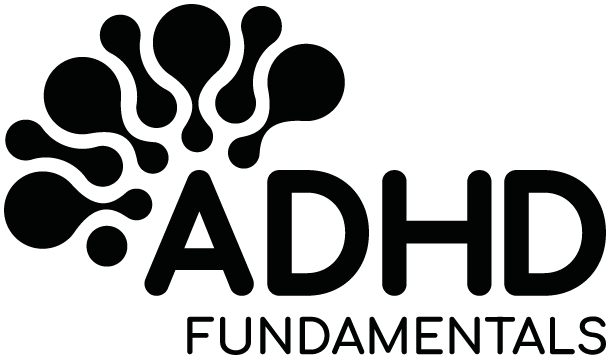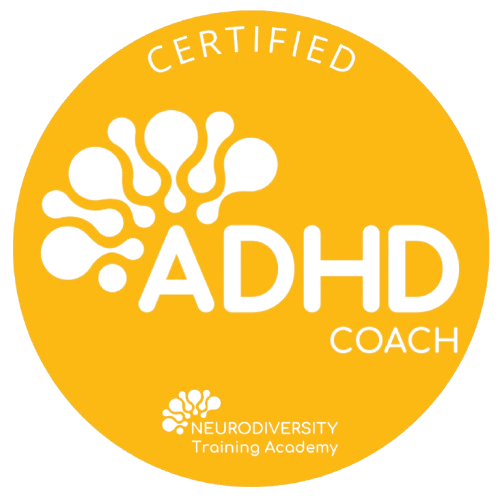Meditation for ADHD: How to Calm Your Mind and Strengthen Focus
If you’ve ever sat down to meditate only to find your thoughts bouncing around like a pinball machine, you’re not alone, especially if you have ADHD.
Meditation can feel like the most impossible thing for an ADHD brain.
Sitting still?
Doing nothing?
Noticing your thoughts without chasing them?
It almost sounds like a joke. But here’s the truth: meditation is not about emptying your mind. It’s about building a better relationship with it.
And that’s exactly why it works so well for ADHD.
Why ADHD Brains Benefit from Meditation
The ADHD nervous system is rarely in a true state of rest. There’s often a constant sense of inner buzzing, thoughts flying, background noise overwhelming, emotional waves crashing.
Meditation helps us shift into a calmer state where we can begin to:
Regulate our emotions
Create space between stimulus and response
Reduce overwhelm
Strengthen self-awareness and focus
What Makes Meditation ADHD-Friendly (and What Doesn’t)
You don’t need to sit cross-legged on a cushion in silence for 30 minutes. In fact, you shouldn’t start there.
Here’s what makes meditation work better for an ADHD brain:
Short and structured sessions: Even 3minutes will make a difference but around 10-15 mins is perfect.
Guided meditations: Having a voice to follow can help anchor your attention however this is a preference thing as it can also be distracting.
Movement-based or sensory meditations: Try walking, tapping, or breathing with music.
Visualisation practices: Especially powerful for ADHD brains as a lot of us are very visual.
Body doubling: Meditating with a friend or accountability partner or whilst in the company of someone even if they aren’t meditating can be helpful.
What Happens When You Meditate Consistently
When meditation becomes part of your routine (even imperfectly), it creates powerful shifts:
You become less emotionally reactive.
You may sleep better.
You tap into your intuition and start trusting yourself more.
You feel more level-headed.
It’s not about becoming someone different. It’s about returning to who you are without all the noise.
My Personal Practice
I never meditate in the morning, mornings are already overloaded with decisions and demands.
Instead, I meditate at night when everything is done, the house is quiet, and I can finally drop into myself.
I consistently return to that practice as it helps me reconnect with what matters most and with who I really am beneath the chaos.
It’s the reason I created a whole course for ADHD women who want to feel more calm, capable, and focused without burning out trying to do it all.
Want to Learn How to Meditate in a Way That Works for Your ADHD Brain?
🎧 Explore my Meditation for ADHD course — designed for real-life schedules, short attention spans, and women who want to feel less stressed and more in control.
You don’t have to do meditation right. You just have to do it your way.
#MeditationForADHD #ADHDWomen #MindfulnessTools #CalmYourMind #NeurodivergentSupport
Created with ©systeme.io



